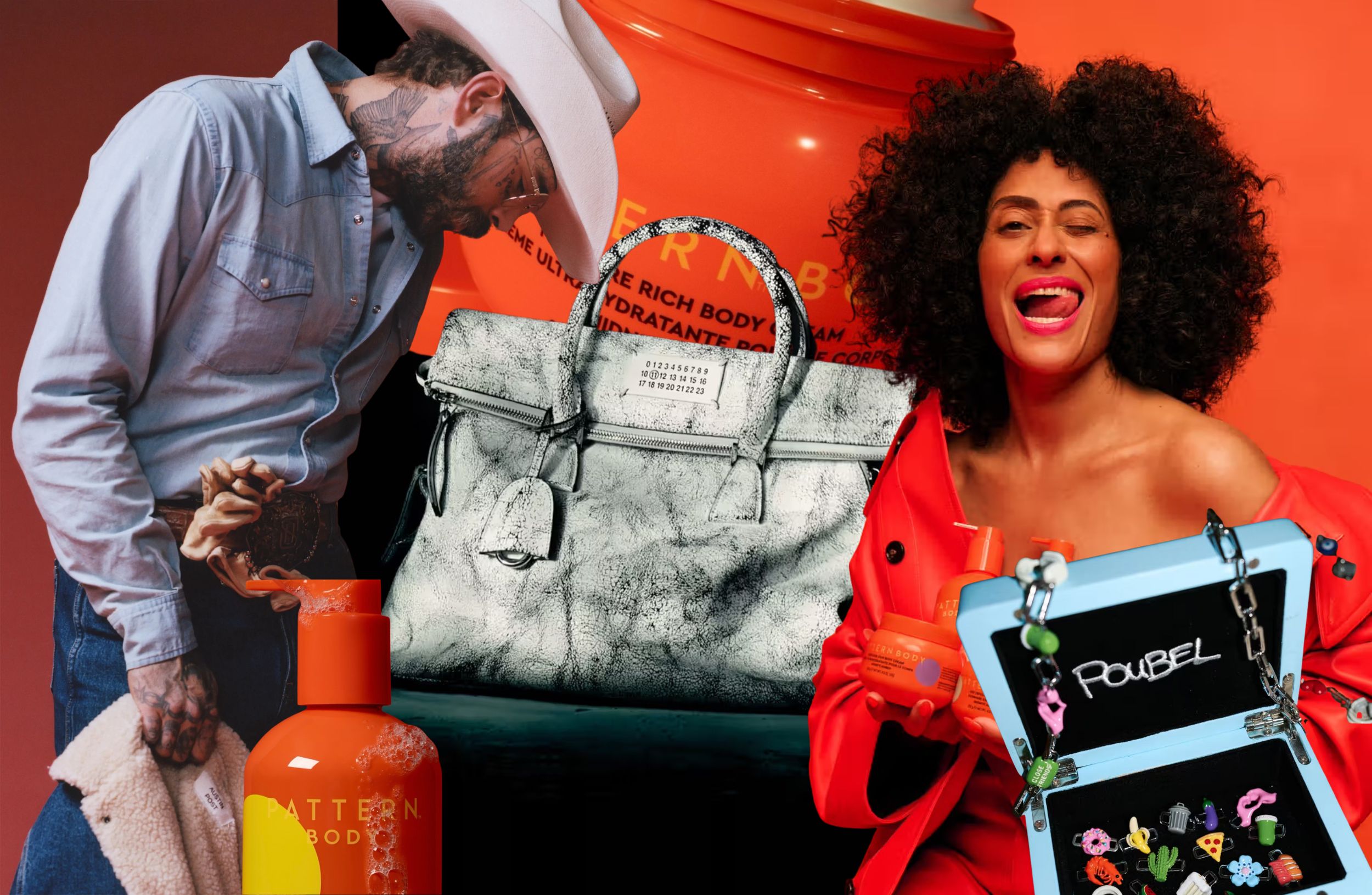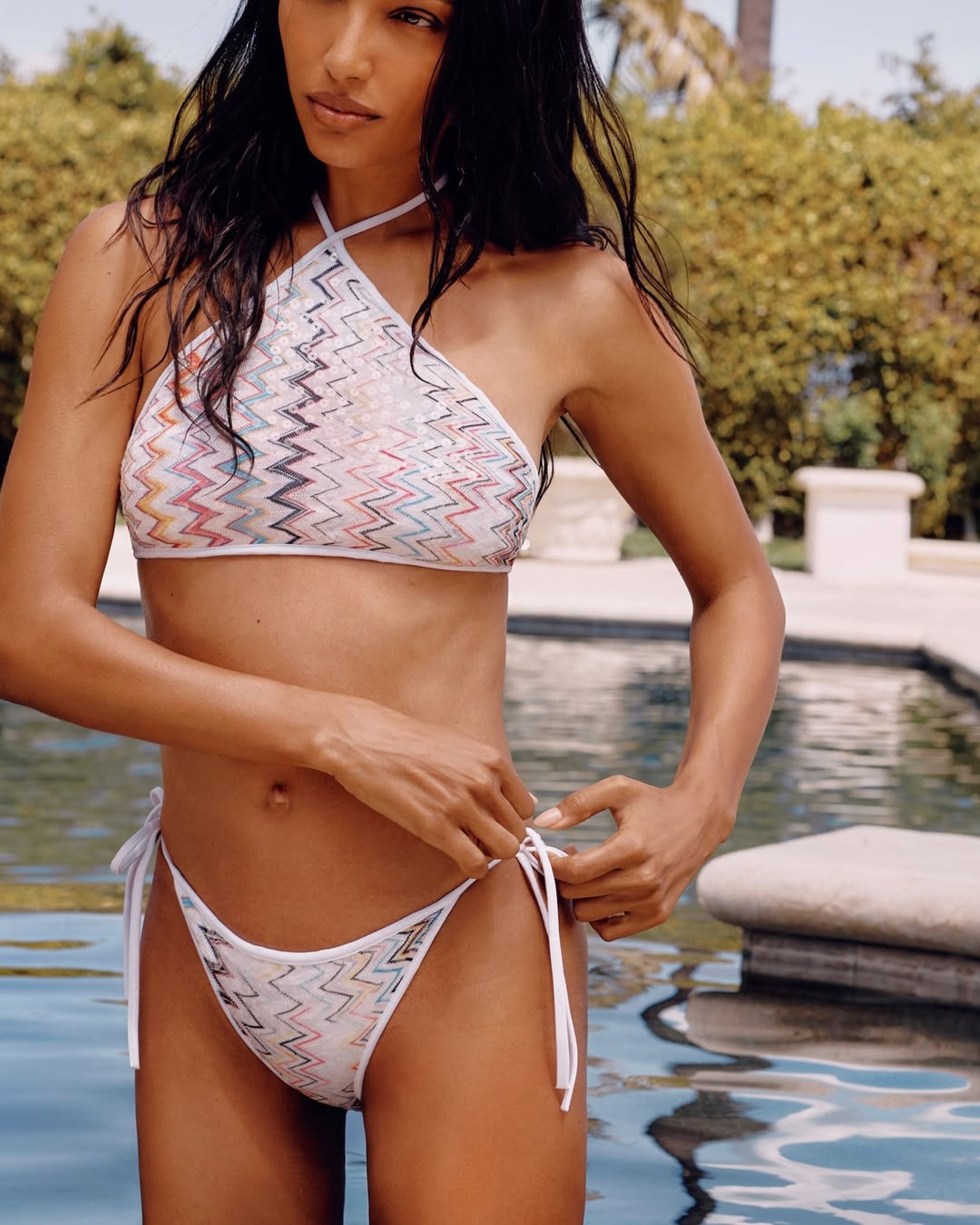Fashion
From the Streets to the Runway
When we talk about fashion trends that have shaped global culture, we must give credit where it’s due: Black culture has been at the forefront of what’s stylish for decades. Think about it—items like oversized hoodies, bold logos, and sneakers have become staples of luxury fashion today, but they originated from Black urban communities, where style was a form of self-expression and resistance. The streetwear movement, for instance, wouldn't exist as we know it without the influence of hip-hop and Black youth in New York and Los Angeles.

Icons like Dapper Dan, who took luxury logos and reimagined them into something new and edgy in his Harlem boutique, played a pivotal role in shaping modern fashion. Today, Dapper Dan collaborates with Gucci, and his style—once considered rogue—has become an essential part of high fashion's DNA. Brands like Louis Vuitton, Balenciaga, and Dior now regularly feature streetwear-inspired pieces on their runways, but it’s important to remember where that inspiration began.

However, as these trends were appropriated by high fashion, many Black creators were left out of the conversation (and the profits). Brands have historically borrowed from Black culture without giving credit or compensation, a practice that continues to stir controversy. Remember when Comme des Garçons sent white models in cornrow wigs down the runway, sparking backlash for its insensitivity?
Three black models participated in the show, with one wearing a wig while the other two wore their natural hair. Diet Prada highlighted that the fashion house had previously been criticised by online users for not featuring a black model since 1994. Vogue Runway described the use of wigs as "odd," a comment that Diet Prada found "curious," pointing out the ongoing stigma and discrimination against natural hair and cultural hairstyles like braids, Bantu knots, twists, and locs. Diet Prada ultimately deemed the choice to use wigs as “problematic.”
That’s just one of many examples where fashion borrows from Black culture without true acknowledgment.
Music
The Beat of Global Influence
Fashion is only one part of the story. Black music, particularly hip-hop, has been a dominant force in shaping global culture. From the Bronx to the rest of the world, hip-hop has evolved into more than just a music genre—it’s a global movement. Today, you can find hip-hop's influence in countries like South Korea, where K-pop stars borrow heavily from its style and sound, and even in China, where rap music has taken off.
Afrobeats, too, has crossed borders, with artists like Burna Boy, Wizkid, and Tems reshaping the global pop landscape. Afrobeats is no longer just African music; it’s global music, and the world is dancing to its rhythms. Major pop stars, from Beyoncé to Drake, have incorporated Afrobeats into their work, and fashion brands have taken notice, crafting collections that reflect this vibrant cultural exchange. Just look at how Louis Vuitton featured Burna Boy in campaigns, blending the world of music and fashion to connect with younger, more diverse consumers.

Yet, as these musical styles become more mainstream, there’s always the question: Are the creators behind the culture benefiting from its popularity? Too often, the answer is no. Brands profit from Black music’s cool factor, but the communities that pioneered these sounds are left fighting for their piece of the pie. The future of branding needs to address this imbalance, ensuring that the artists and innovators who are the heartbeat of global culture aren’t just celebrated but compensated.
Beauty
A Revolution of Representation
The beauty industry has also been profoundly shaped by Black culture. From bold lip colours to elaborate hairstyles like braids and afros, Black women have revolutionised beauty standards. In 2024, beauty companies are finally starting to catch up, offering more diverse shade ranges and celebrating natural hair textures. But this progress is long overdue. For decades, Black women were overlooked by mainstream brands, forced to create their own beauty spaces and products.

Today, Black-owned beauty brands like Fenty Beauty and Pat McGrath Labs are leading the charge, proving that inclusion isn’t just a trend—it’s a necessity. Rihanna’s Fenty line shook the beauty world when it launched with 40 foundation shades, catering to women of all skin tones. Her success sent a message to the industry: diversity sells. But it’s important to remember that Black women have been advocating for this change for decades.

The evolution of hair is another key area where Black culture has influenced global beauty trends. Hairstyles like box braids, dreadlocks, and afros were once stigmatised, but now they are celebrated on runways and red carpets. However, when white celebrities or models wear these styles, the reaction is often one of praise for their "boldness" or "edginess," while Black women are still facing discrimination in workplaces and schools for those very same looks. It’s a glaring double standard that brands must address if they hope to move beyond mere appropriation and into genuine cultural appreciation.
The Future
Beyond Appropriation, Towards Authenticity
As brands look ahead to the future, there’s a growing demand for authenticity. Consumers are no longer willing to accept brands that merely cash in on cultural trends without giving back to the communities that birthed them. It’s not enough to use Black culture to sell products—brands must also support Black creators, amplify Black voices, and ensure that their influence is reflected in leadership roles and economic opportunities.
We’ve seen some progress in recent years. Brands are starting to collaborate more with Black designers, musicians, and artists, recognising that true innovation comes from those who are closest to the culture. But this is just the beginning. The fashion and beauty industries need to move beyond superficial gestures and commit to long-term change. That means investing in Black talent, ensuring representation at all levels, and giving credit where it’s due.
If the past is any indication, Black culture will continue to shape global trends, pushing the boundaries of fashion, music, and beauty in ways that are bold, fearless, and authentic. But as brands ride this wave, they must also reckon with the responsibilities that come with it. Appreciation, not appropriation, should be the standard—and that starts with putting the culture first.






.svg)


.svg)
.svg)






